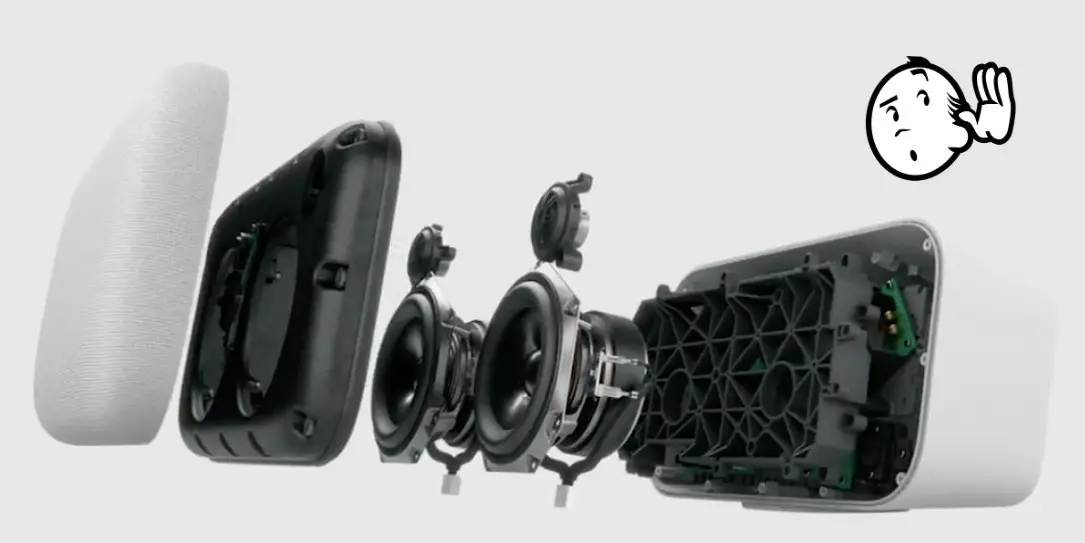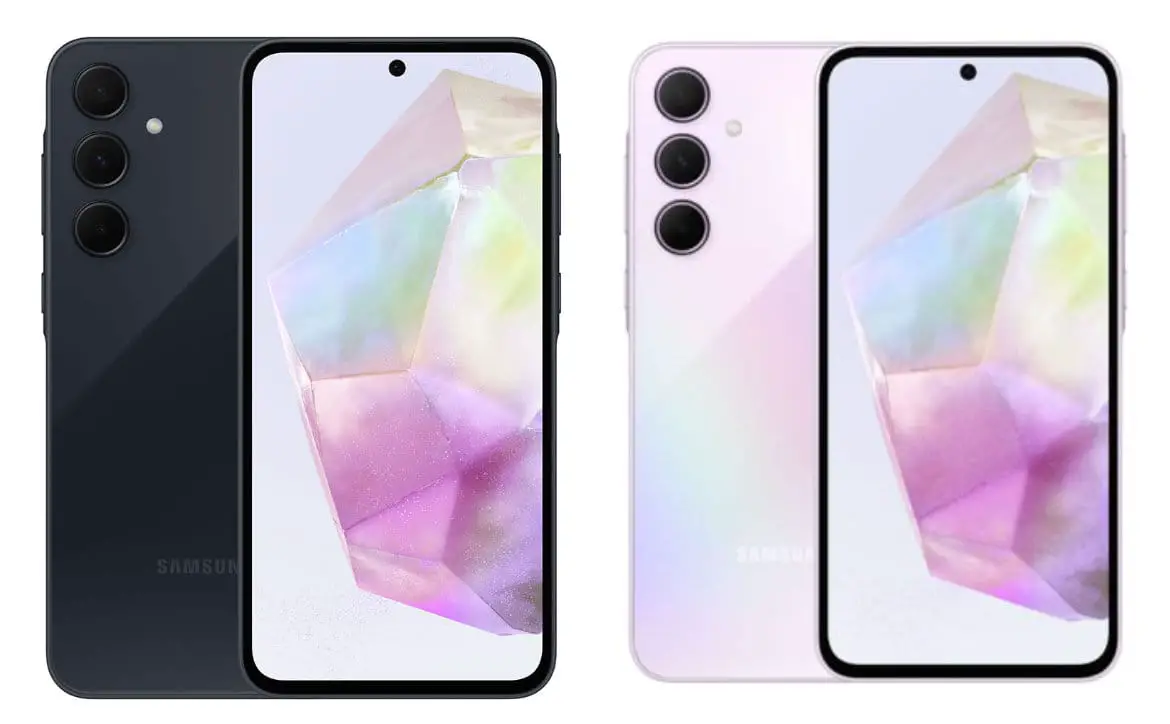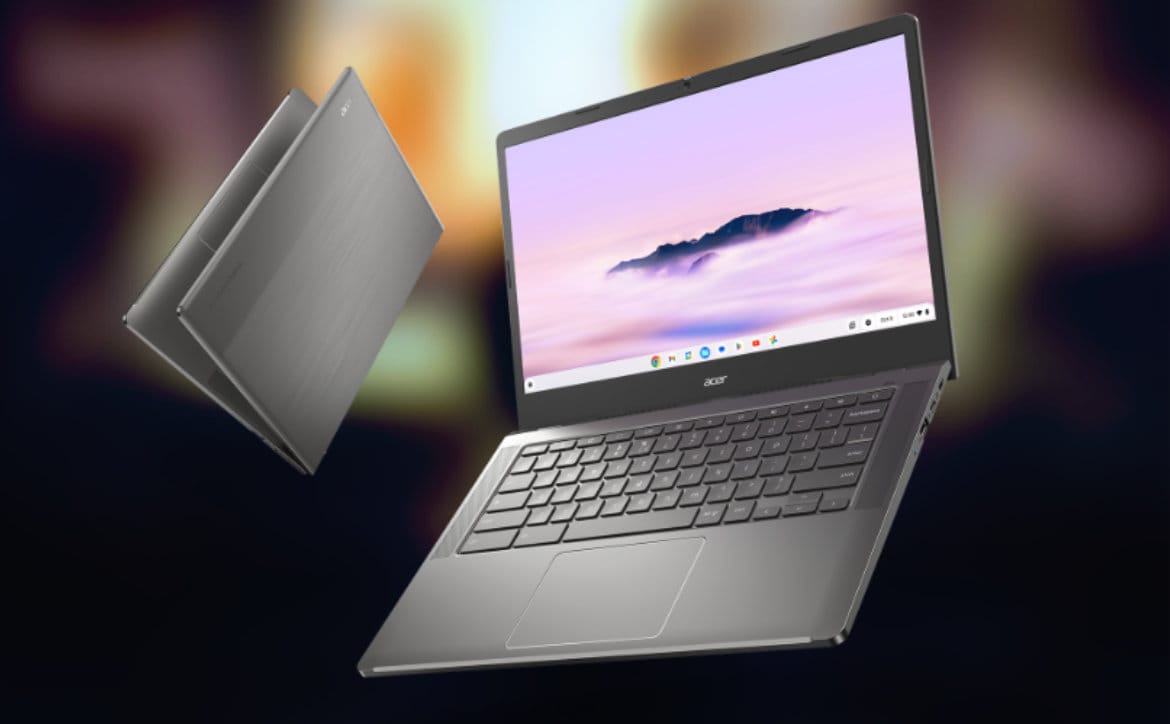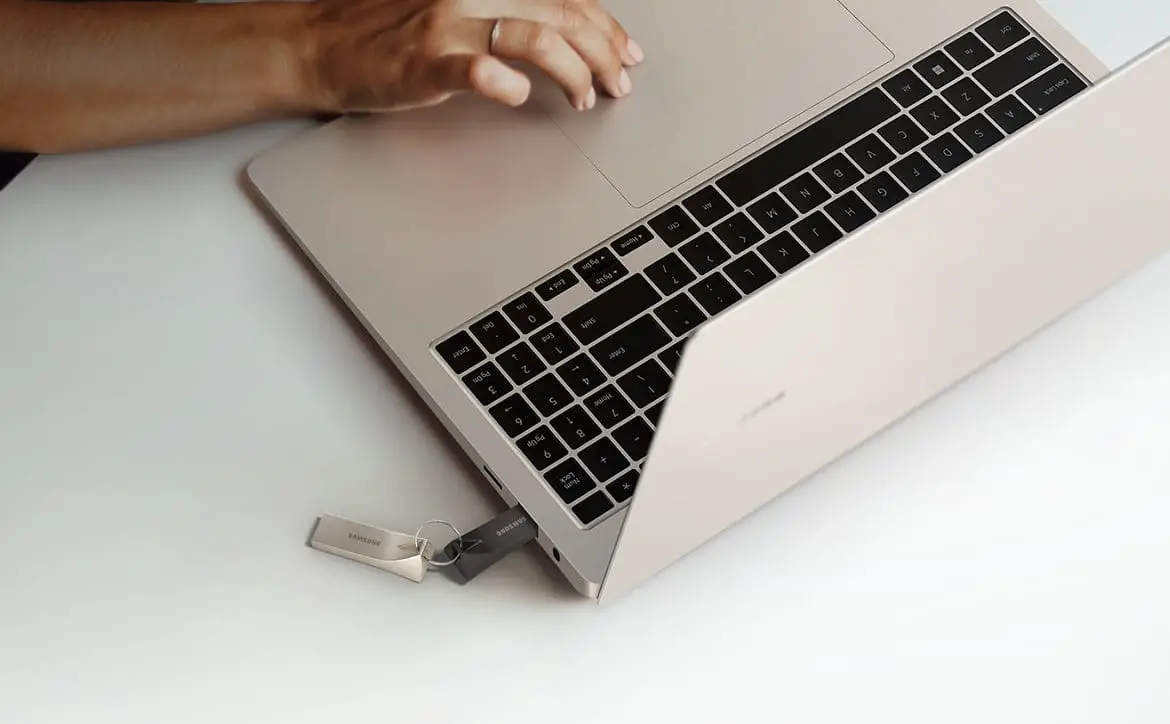Consumer Watchdog is a group whose intentions are to investigate products that could potentially have a negative impact on consumers. Consumer Watchdog now claims that digital assistants like Google Home and Amazon Echo may be used for mass snooping. The organization points to several key patents and patent applications that they say show Google and Amazon’s intention of mass snooping. Consumer Watchdog claims these devices will be used for mass information collection on consumers and mass digital targeted advertising.
“Google and Amazon executives want you to think that Google Home and Amazon Echo are there to help you out at the sound of your voice. In fact, they’re all about snooping on you and your family in your home and gathering as much information on your activities as possible,” said John M. Simpson, Consumer Watchdog’s Privacy and Technology Project Director. “You might find them useful sometimes, but think about what you’re revealing about yourself and your family, and how that information might be used in the future.”
The organization supplied some key points to try and support their claims and they included:
- Digital assistants can be “awake” even when users think they aren’t listening. The digital assistants are supposed to react only when they “hear” a so-called “wakeword.” For Amazon Echo it’s “Alexa” and for Google Home it’s “OK, Google.” In fact, the devices listen all the time they are turned on – and Amazon has envisoned Alexa using that information to build profiles on anyone in the room to sell them goods. Amazon filed a patent application for an algorithm that lets the device identify statements of interest— such as “I love skiing,” — enabling the speaker to be surveilled based on their interests and targeted for related advertising.
- The devices can connect to other internet-enabled home systems to monitor your family members’ habits and infer what they’re up to, such as when your children are engaged in mischief. A Google patent application describes using a smart home system to monitor and control screen time, hygiene habits, meal and travel schedules, and other activity. The system even claims it can “infer mischief” based on audio and motion sensor readings from rooms where children are present. Silent children who move are inferred to be mischievous.
- The devices are envisioned as part of a surveillance web in the home to chart families’ patterns so that they can more easily be marketed to based on their interests. Google connects its Google Home to various “smart” devices such as thermostats and lighting made by another Alphabet Inc. division, Nest. When connected, “inferences” could be made about when occupants are home, sleeping, cooking, when they are in the den watching television, when they shower and when they flush the toilet, according to a Google patent.
- Another Google patent outlines ways it could collect information about family members’ interests and activities to infer likely purchases. For example, the application describes how sports camp could be marketed to a 15-year-old boy holding a basketball in the living room. It also describes how Google could infer an interest in the actor Will Smith by combining a users’ browser search history with an image on a user’s t-shirt obtained from a Nest camera in the home. It also describes how it could sell you a TV show by spying on a book on your bedside table. “The answers to these questions may help third-parties benefit consumers by providing them with interesting information, products and services as well as with providing them with targeted advertisements,” the patent application claims.
Consumer Watchdog claims that digital assistants are less about helping people and more about selling people. The organization says that if some of these patents are approved, companies will have “unparalleled” access to our private lives. The organization goes even further to suggest brands may sell your private data to insurance companies and utility companies as well as give information to law enforcement.
Consumer Watchdog presents some pretty compelling points with regards to digital assistant patents. Do you think these assistants will end up becoming snooping devices? Let us know what you think by leaving your comments down below, or on Google+, Twitter, or Facebook.
[button link=”http://www.consumerwatchdog.org/privacy-technology/home-assistant-adopter-beware-google-amazon-digital-assistant-patents-reveal” icon=”fa-external-link” side=”left” target=”blank” color=”285b5e” textcolor=”ffffff”]Source: CWBlog[/button][button link=”https://www.cbsnews.com/videos/new-warning-for-voice-activated-digital-assistants/” icon=”fa-external-link” side=”left” target=”blank” color=”285b5e” textcolor=”ffffff”]Source: CBSNews[/button]









